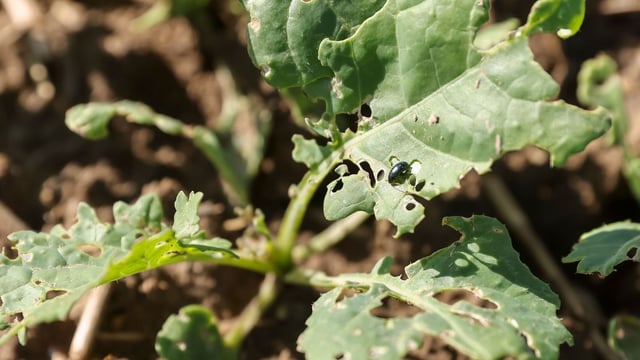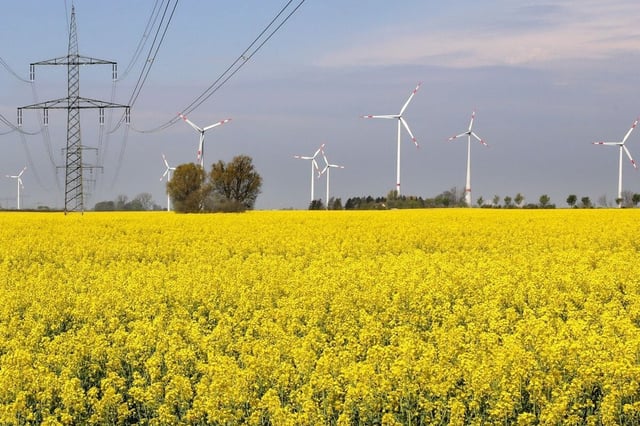Overview
- Farmers report the first visible harm in young rapeseed, with the rapeseed flea beetle feeding on cotyledons and seedlings.
- The state farmers’ association warns that complete crop losses remain possible even with tight monitoring and precisely timed treatments.
- Since last year, growers have observed more damage from the reed glass‑winged planthopper, which the association says could become the most serious arable threat in decades.
- The farmers’ association calls for access to a wider range of approved insecticides to protect vulnerable fields.
- Environmental advocates oppose broader approvals and point to a 2017 study showing flying insect biomass in parts of Germany fell by more than 75 percent between 1989 and 2016.

